We don’t yet know whether the Omicron variant will drastically accelerate the spread of coronavirus, or whether it will circumvent parts of the immune system. Nor can we be sure that the ‘light’ coronavirus restrictions announced at the weekend will be enough to combat the new strain.
We can be certain, however, that these measures will come with an economic cost that politicians are, at least publicly, understating. Face masks are once again compulsory in shops and on public transport in England, and UK arrivals will need to take PCR tests within two days of landing, isolating until they get their result.
But the major economic threat stems from the tightening of self-isolation rules for contacts of those testing positive for Omicron (ten days, regardless of vaccination status) and the fear that this will trigger another ‘pingdemic’. The one in July probably shaved 0.5 per cent off GDP that month, and the impact now could be even greater, given it’s school term time and labour shortages are worsening. The economist Julian Jessop has warned that the pingdemic alone could knock as much as 1 per cent off GDP in December, costing our economy at least £2 billion.
Other economic effects are harder to quantify. We can expect the travel industry, which was already in a critical condition after nearly two years of disruption, to take a big hit. The value of IAG, which owns British Airways, fell by nearly 15 per cent on Friday. Travel-related companies also fared badly on the FTSE 250, with the cruise operator Carnival and easyJet falling by around 10 per cent.
Dark clouds are also gathering around inbound tourism. With international arrivals needing a PCR test within two days of arrival, and now forced to self-isolate until they receive a negative result, many travellers will decide it’s simply not worth the risk – or additional cost – of coming to Britain, especially for a weekend trip. The latest estimates suggest the number of overseas tourists to Britain in the run-up to Christmas could plunge by three-quarters compared with 2019.
We can also expect railway leisure travel, the only part of rail travel that’s nearly back to pre-pandemic levels, to suffer. Who wants to take a day trip to York or the seaside if it involves wearing a mask for hours on end? And the knock-on effects could be significant: train passengers spend an average of £95 per trip on things like shops, restaurants, hotels and galleries, totalling £133 billion a year.
Even if face masks don’t deter shoppers from hitting the high street, dwindling confidence might do the job. In the four-week period from 3 October to 30 October 2021, retail footfall across the UK improved to -13.4 per cent of pre-pandemic levels, compared with -17.4 per cent in September and -18.6 per cent in August. New restrictions could set that progress into reverse, emptying high streets and leaving large shopping centres far below capacity.
The government, which still has ‘do something!’ as its guiding principle, may be operating under the assumption that ‘Plan B lite’ will have little effect on the economy. But economic activity depends on expectations. The British public were starting to believe the worst was over, that the nation was finally leaning to ‘live with Covid’. Confidence was returning. Jobs were being advertised.
The Prime Minister may say these measures are designed to prevent a lockdown, but how many people will worry they mark the beginning of one – and act accordingly? Bookings for parties, restaurants and theatres will be cancelled or avoided. Big City firms are already scaling back their festive dos. There will be delays to projects as investors ‘wait and see’. Some people, driven by a concern that could well be wholly unfounded, will self-impose tougher restrictions.
Boris Johnson described the vaccines as the ‘scientific cavalry’. Well the cavalry are now indeed here. We are double vaccinated – or have been offered the jab. Seventeen million people have received a booster shot. Modifying and improving vaccines to deal with emerging variants will be a perpetual challenge, but one that essentially mirrors our yearly battle with the flu. Perhaps Omicron will be the last scare of the pandemic. Perhaps it will torpedo our Christmas plans. But at some point we’ll have to stop battering our economy and accept that this is, quite possibly, as good as it gets.
Got something to add? Join the discussion and comment below.
Get 10 issues for just $10
Subscribe to The Spectator Australia today for the next 10 magazine issues, plus full online access, for just $10.

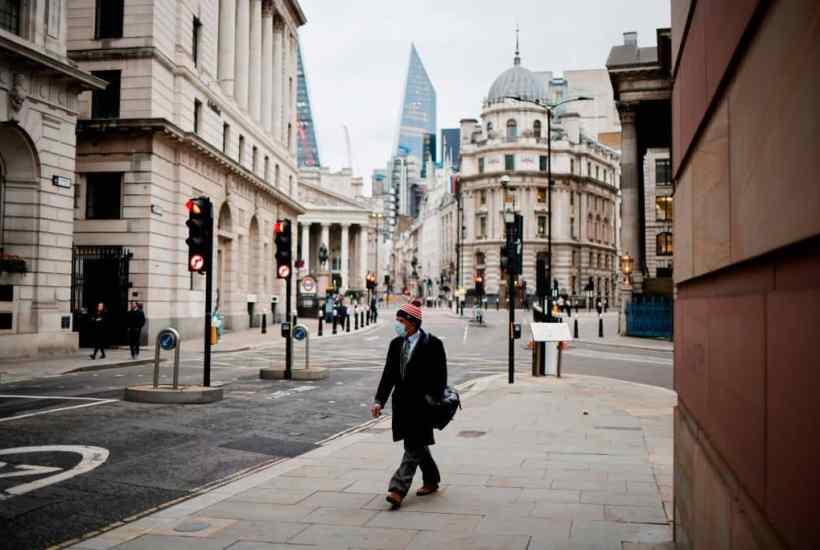




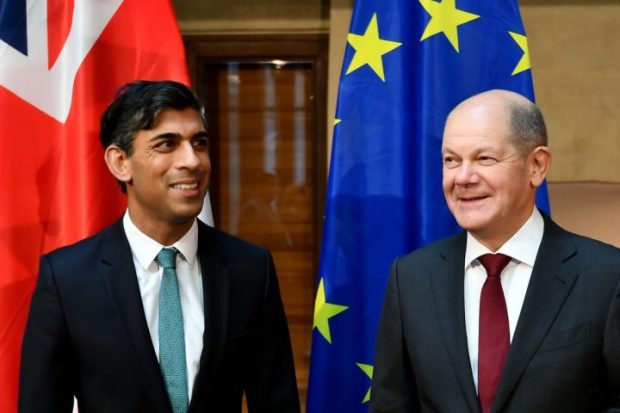
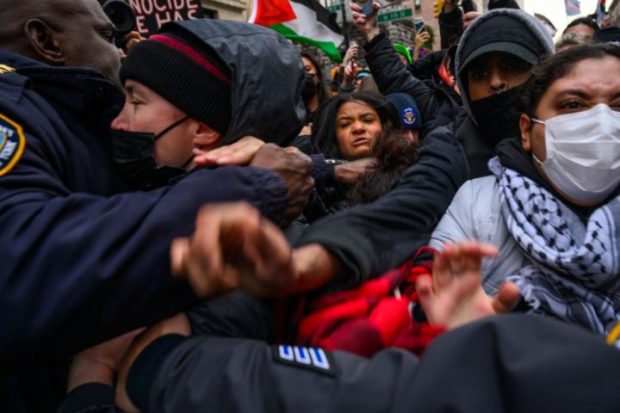









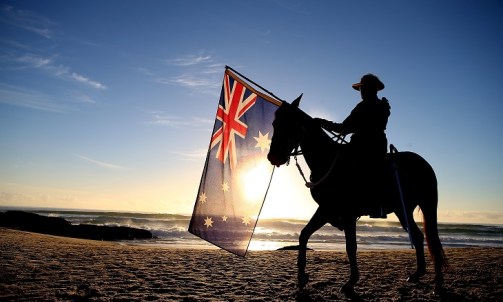
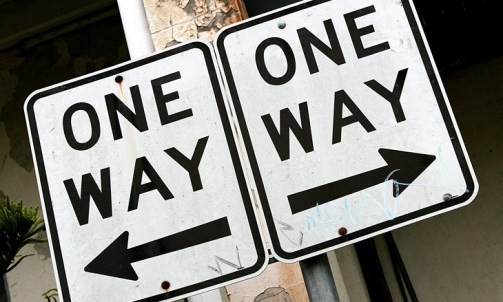
Comments
Don't miss out
Join the conversation with other Spectator Australia readers. Subscribe to leave a comment.
SUBSCRIBEAlready a subscriber? Log in